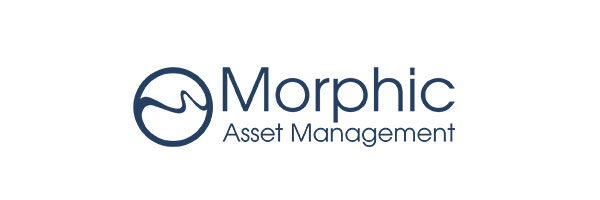InvestNow News – 24th April – Morphic – Fire the Epidemiologist, Hire a Shrink

April 22nd 2020
Last month has been world-changing, and it’s not over yet.
With the caveat that I do shares and stocks, not viruses, one thing that I have found fascinating is the similarities between epidemiology and investing.
First, both are based on statistics and forecasts unlike say chemistry. In investing there are always a range of potential paths to which you have to assign probabilities, and those paths change dynamically as a company or its market changes.
Secondly, they both involve exponential curves. Humans are renowned for not understanding exponential curves and Donald Trump has had an abrupt lesson in the laws of power distribution in the last month. Or, as I’ve read: “If you’ve seen one pandemic, you’ve seen … one pandemic”. Because starting conditions (city density, season, health system) interact with community choices (social distancing now or one week later) so a country can have 6,000 cases or 600,000 cases.
But with markets having rebounded more than 20 per cent off their March lows, investors are of the belief that the curve flattening that is being seen across the world suggests the world is starting to move to the exit phase. Now, before you point out that there is a long way to go, remember that markets are forward looking and always price the change, not the level. So once things become less bad, they rally, even if there is disagreement on the size of the rally.
The biggest question in my mind currently is what, if anything, will permanently change after COVID-19? Recessions are bad for cyclical stocks, but when the rebound comes they will do well. I’m much more interested in whether this has forever changed peoples’ behaviour.
And for that, we need to turn to the psychologists. So I’ve been getting a crash course in psychology 101 in the last two weeks from some in the industry with a psych background.
My initial starting position was that human habits are terribly hard to change.
I worked through September 11, 2001. It was argued that the event, plus the new security regime, would see people less willing to travel by plane. Nope. Americans were all back on planes within months. At an individual level, how many are sticking to their New Year’s diet four months in?
So why may COVID-19 be different? I now know that in psychology repetition is the key to changing habits. A University College of London study in 2009 showed that it takes an average of 66 days for a new behaviour to become automatic. Many parts of the world are now entering the second month of lockdown and social distancing.
